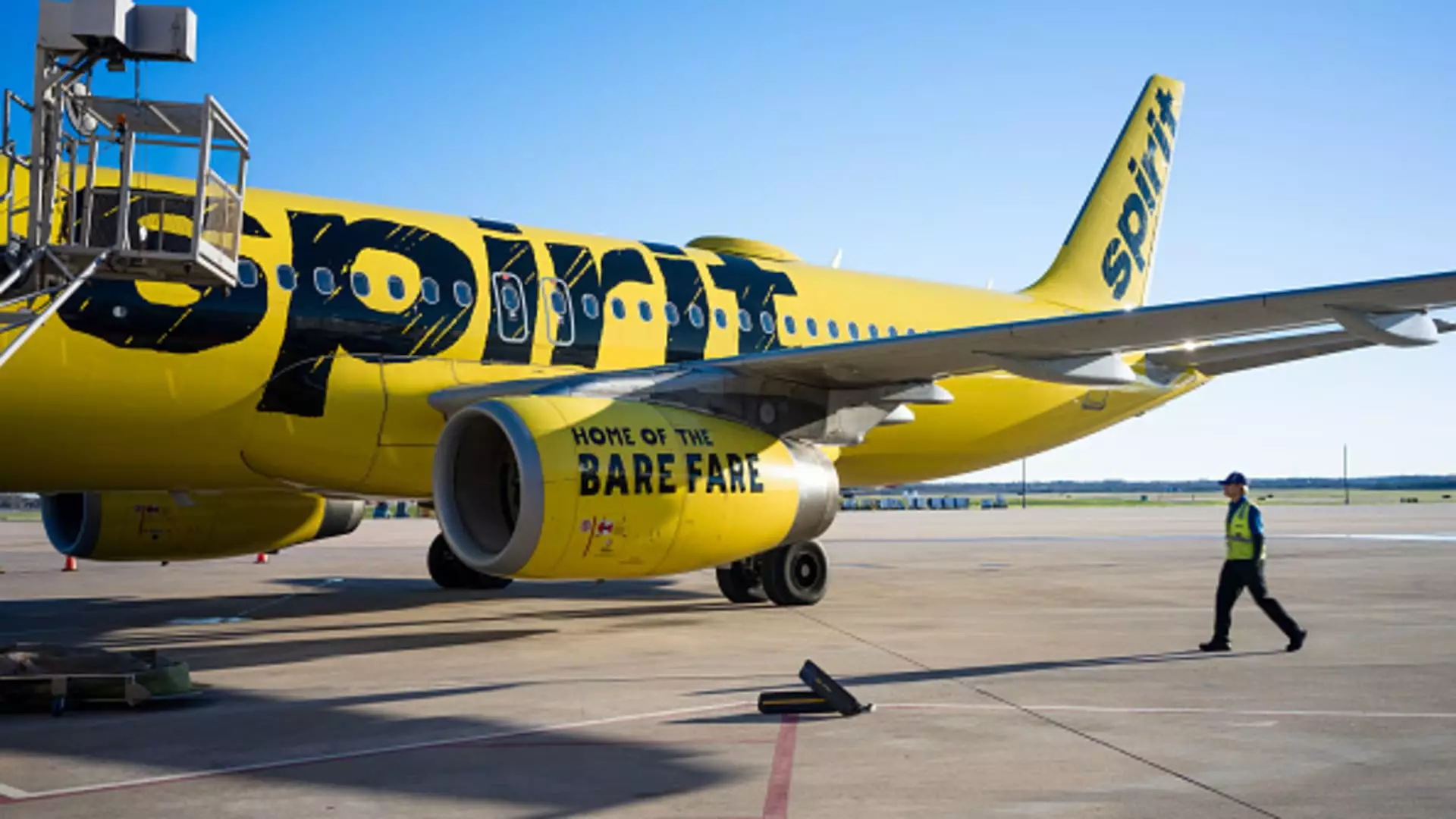Spirit Airlines recently announced that it will be deferring deliveries of new Airbus planes in an effort to boost liquidity and ensure a strong and profitable future for the company. The CEO, Ted Christie, stated that although these steps are not ones they want to take, they are necessary for the long-term sustainability of Spirit Airlines. The decision to defer all Airbus planes scheduled for delivery from the second quarter of 2025 through the end of 2026 will result in them being delivered in 2030 and 2031 instead. These deferrals are expected to increase the company’s liquidity by approximately $340 million over the next two years.
In addition to deferring Airbus deliveries, Spirit Airlines also revealed plans to furlough around 260 pilots starting in September. This move comes as the airline continues to navigate the challenges brought about by the grounding of many of its Airbus planes due to a Pratt & Whitney engine recall. The pilot furloughs are part of the company’s strategy to adjust to changes in the competitive environment and maintain financial stability.
Implications for Spirit Airlines
The decision to delay Airbus deliveries and implement pilot furloughs presents both short-term challenges and long-term opportunities for Spirit Airlines. The airline has been actively seeking ways to boost liquidity and reassure investors of its financial viability amidst various setbacks, including the failed acquisition by JetBlue Airways and ongoing issues with grounded aircraft.
Industry Impact
Spirit’s deferral of Airbus deliveries comes at a time when airlines across the industry are facing similar challenges. With a scarcity of aircraft and adjustments to hiring and training practices, the aviation sector is experiencing a shift from the pilot shortage that was prevalent during the pandemic recovery. Competitors like United Airlines are also grappling with delays in plane deliveries and uncertainties surrounding aircraft certification.
The Air Line Pilots Association, representing Spirit’s pilots, has expressed concerns about the potential furloughs and the overall impact on the pilot group. The union is exploring voluntary measures to mitigate the number of furloughs and address the surplus of pilots relative to operational needs. The decision to retire the A319 fleet and ongoing engine issues have compounded the challenges faced by Spirit Airlines.
As Spirit Airlines continues to navigate these turbulent times, the company plans to release its next financial outlook for the quarter and full year in the coming week. The deferral of Airbus deliveries, coupled with pilot furloughs, will shape the airline’s trajectory in the months and years ahead. It remains to be seen how Spirit will adapt to the changing competitive landscape and position itself for long-term success in the aviation industry.

